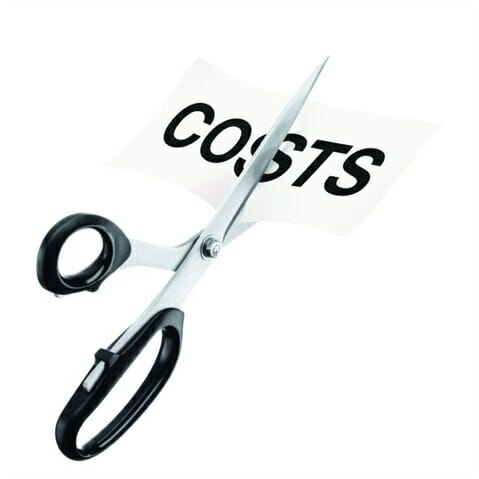Creating a successful website is seemingly becoming a harder and harder process, it seems. There are 
#1 Set a Budget for Freelancers…and Keep to it
No doubt one of the first steps you will do with a new website is outsource some of the work to individuals online, be it to write content for you, take control of your social media platforms or contribute to the email marketing of your website (the list goes on and on…). Either way, it is vital to maintain costs to a minimum and that you cap your budget that you are willing to put aside to outsource work with, as well as create ‘mini’ budgets for individual projects/pieces of work. For example this might be:
- Cost per tweet, email, facebook share
- Cost per week for someone to maintain something on your website
- Cost per article
No matter what it is, put a cap of how much you are willing to spend on that piece of work. From this, when it comes to negotiating, you can make sure a negotiating war that sees you go over your budget never happens.
#2 SEO First, Money Second
No matter what type of website you are trying to run, it is important to making money as soon as possible to put search engine optimisation first and then generating revenue second. This is because a website generally cannot make money without traffic and the majority of websites gain the vast percentage of their traffic from search engines. Therefore, get the traffic first and then worry about how to make money. From experience, it simply does not work the other way around and results in a slow start-up to your website.
#3 Don’t Spend Too Much On Procrastination
When I say ‘procrastination’, what I am referring to is the numerous amount of times a website owner will look at trivial things relating to their website that will:
- Not have any impact on their website
- Cause any positive changes to their website
- Waste the website owner’s time
No matter what you think about yourself, the most precious and most costly thing to a website is your time – you are worth the most per minute to working on your website because you know your website better than anyone else. Therefore, don’t waste away countless hours a week looking at statistics to see how your website is doing or how much money it is making: there are much more important things you should be concerned with relating to your website.



